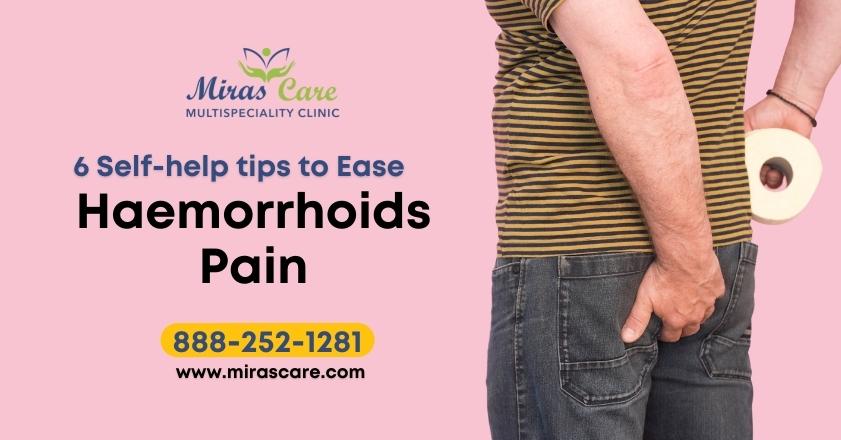Haemorrhoids are very common and most people have them at some point in their life. They are caused by excessive pressure on the anus or rectum, which can be due to constipation, pregnancy, or straining during bowel movements.
What are Haemorrhoids?
Haemorrhoids are swollen and inflamed veins in the rectum and anus.
Grades of Haemorrhoids
Haemorrhoids can be categorized into four grades:
- Grade 1: These haemorrhoids are not visible and they don’t cause any pain, occasional painless bleeding is the only symptom.
- Grade 2: These haemorrhoids are visible on proctoscopy and can occasionally bleed.
- Grade 3: These haemorrhoids prolapse while defecation and need to be manually repositioned back inside the anal canal they can cause significant pain and discomfort, but do not interfere with daily activities.
- Grade 4: These haemorrhoids cause severe pain, bleeding, and are required to be removed surgically.
Symptoms
The following are some of the symptoms:
- Painless rectal bleeding,
- Bright red blood on toilet paper or in the toilet bowl or on stools;
- Discomfort or pain in the anal area;
- Feeling like you need to have a bowel movement even when there is no stool present;
- Painful bowel movements.
Prevention Steps:
6 Self-Help Tips for Haemorrhoid Flare-ups:
- Eat more fibre: Fibre is a key component of a healthy diet and can help relieve constipation, which is one of the main causes of haemorrhoids.
- Increase your water intake: Drink at least eight glasses of water every day to stay hydrated and flush out toxins from your system.
- Exercise: Exercise can help you lose weight, which puts less pressure on your veins and arteries and may decrease the risk for haemorrhoids.
- Wear clothes that are comfortable: You want to be sure that you are not wearing tight clothes that restrict blood flow when you are sitting or standing for long periods of time.
- Stop smoking and avoid alcohol as much as possible
- Avoid caffeinated drinks like coffee, energy drinks and cold drinks.



